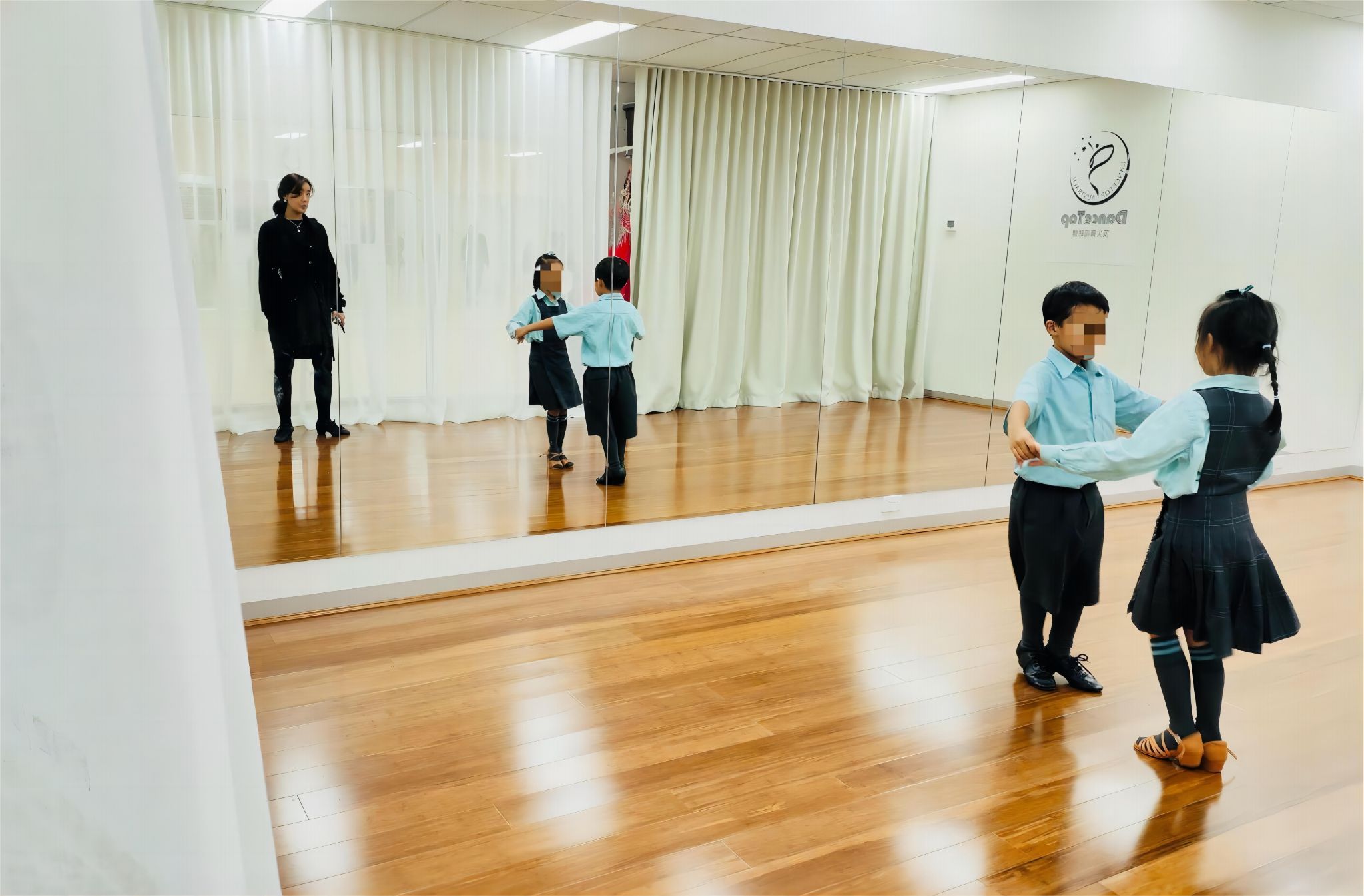
Chinese Australian Employees Encounter Disputes in Wage Theft
Sammy Zhao has worked at a Chinese Australian-run dance studio in Box Hill for almost two years but is still suffering wage theft half the time.
Ms Zhao, who works as a dance teacher, said her contract stipulated that she would be paid $50 a session, but the actual amount paid out depended entirely on the boss.
“My boss paid me only $40 a class for a while, but she said she would schedule more classes to compensate me. All in all, I'm working more hours each month, but my total income is the same. I am so angry! She's just a fraud!”
According to the Fair Work Ombudsman, wage theft means the deliberate underpayment of wages, having entitlements such as leave and penalty rates deliberately withheld, and an employer deliberately not making required superannuation contributions on an employee’s behalf.
Ms Zhao has also witnessed retaliation from other colleagues who have asked for their wages initiatively. Her colleague Anni Lee did not receive her wages on payday and communicated with her boss but received no response.
“I just started my first month here and I suffered from wage theft, my boss would always delay my wage payment for 1-2 days. I've approached my boss for my wages and been warned by her, she said I felt free to leave any time I wanted to,” Anni said.
After Anni told her boss that it was an offense to wage theft and also sent her a news article about the case, her boss cleared her paycheck. However, Anni left her job after that.
According to the Fair Work Legislation Amendment and Ms Zhao’s working conditions, employees must be paid fortnightly. “My employer just pays once a month. It’s illegal,” Ms Zhao said.
“I am now a full-time employee, but my salary is not enough to sustain my daily life. I teach a class for $50 and I usually make $4,000 a month.”
“In addition, this year we have been asked to pay $598 out of pocket for vocational training organized by the company, which is the equivalent of a week's salary for me. This is unbearable,” she said.
Under the Fair Work Act, employees need to be paid for all time spent working, including time spent in meetings doing online or at-home training.
According to the Australian Fair Work Commission's 2022-2023 annual report, more than 250,000 employees have lost nearly a total of $509 million due to wage theft.
Migrant workers specifically are of concern. Based on the Grattan Institute, migrant workers mainly experience wage theft because of a lack of legal knowledge, legal awareness, and a language barrier.
“I think wage theft is common in Australia, but as an owner, I think it's unethical to owe and withhold wages from your staff,” a local Australian dance studio principal, who wished to remain anonymous, said.
There are many similar cases in Australia where Chinese food chain Din Tai Fung World Square pty ltd, Selden Farlane Lachlan Investments pty ltd, and two of its executives were recently fined more than $4 million by the Federal Court for underpaying wages.
MEAA is an organization dedicated to defending Australia's arts workers. “Oh my god! This is something that cannot be tolerated, it undermines the legitimate rights of workers,” a Chinese Australian member of the MEAA Equity Benny Tam said about wage theft.
Clifford To, a solicitor in NSW, suggested employees represented themselves in court, considering the expensive cost of hiring a lawyer.
Edward Cavanough, director of Policy at The McKell Institute, a contemporary policy challenges institute, said in his interview with SBS, that wage exploitation has become so widespread.
However, Ms Zhao said she didn’t intend to take any legal action to resolve wage theft as
she thought it was meaningless.
“I considered changing my workplace, and after the interview, I realized that most Chinese dance studios pay about the same,” Ms Zhao said.
“In case you probably don't understand, local dance studios in Australia are rarely willing to recruit Chinese dance teachers due to the different dance paradigms in each country.”
The owner of the dance studio where Ms Zhao works said that the matter was internal information of the dance studio, she had no comment.
Post a comment